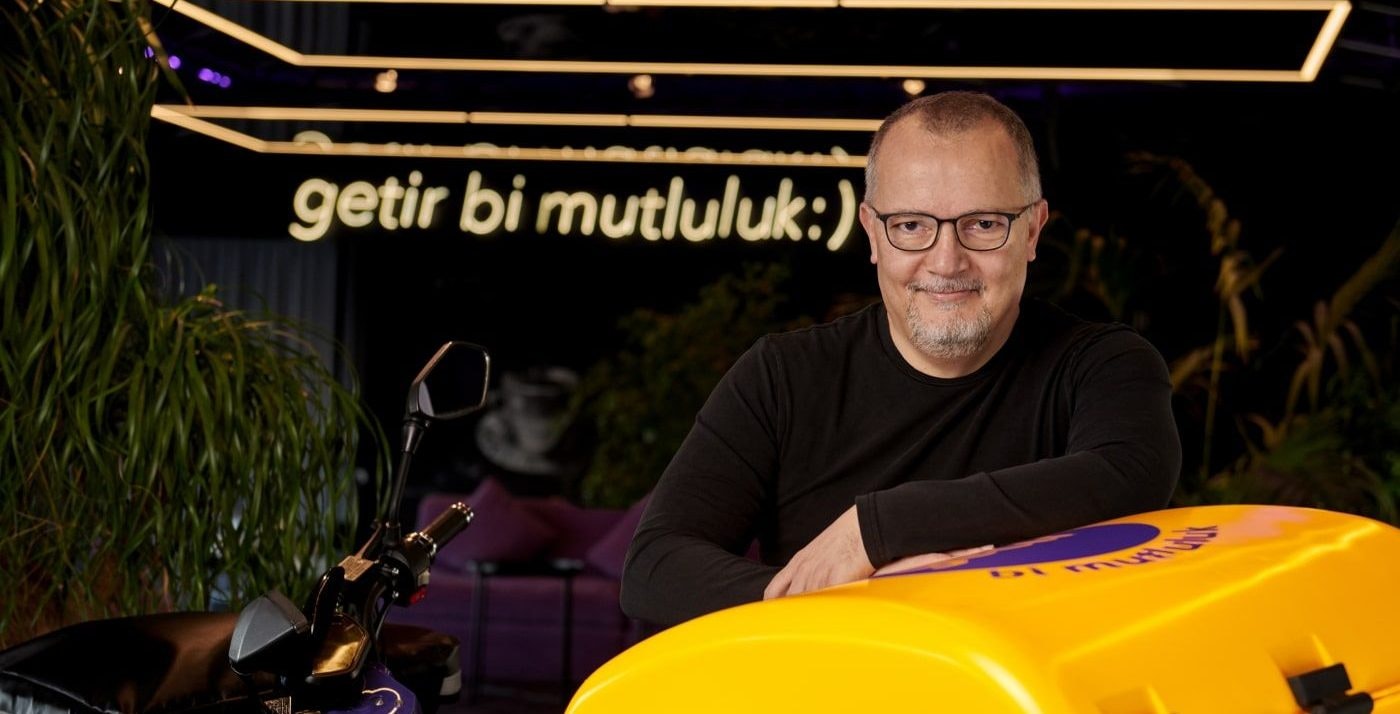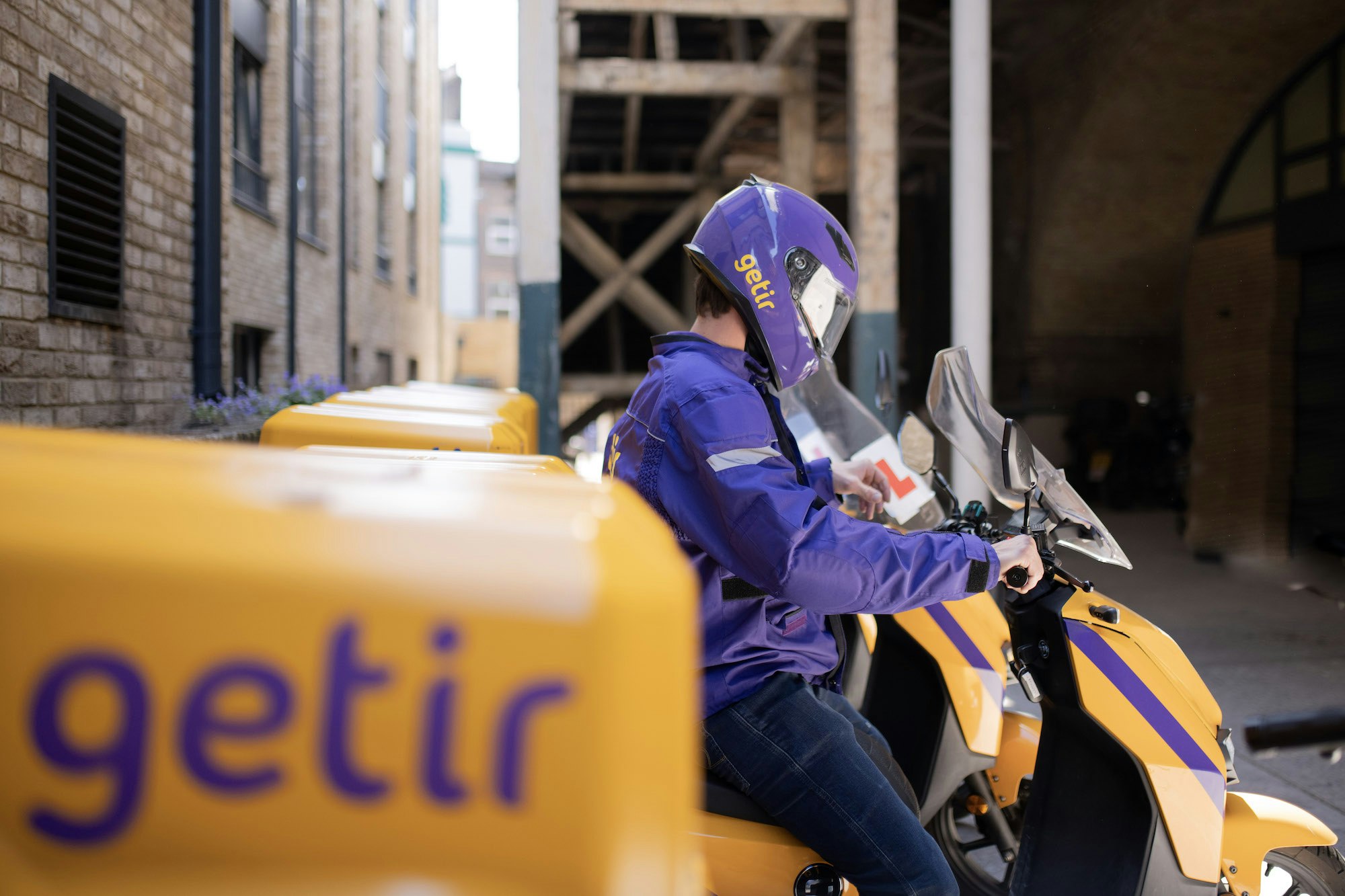It’s 2021 and the Amazon aggregator boom is in full swing. A cohort of companies have popped up, surfing the pandemic-fuelled ecommerce hype by buying up small online sellers and, as the name suggests, aggregating and scaling them up.
Investors tripped over themselves to get into these businesses: exemplified on September 1 2021, when $1bn was piled into the industry in a single day. “It was amazing, it felt like a gold rush,” says a former employee of Berlin-based SellerX, Europe’s best-funded aggregator.
Three years later, it’s a very different picture. On September 17, SellerX will go up for auction at a Berlin hotel, a decision made by BlackRock and Victory Park Capital, two of its debt investors, reported Bloomberg.
Last month, BlackRock said in an earnings call that it had placed SellerX into non-accrual status, meaning borrowers have defaulted on payments, and was working with the company to “facilitate a path to recovery”.
Under German law, creditors can seize control of companies and auction them off as a last resort.
Founded in 2020, SellerX secured nearly $900m in debt and equity, from investors including Abu Dhabi Investment Authority, Bernard Arnault’s L Catterton and early-stage VC Cherry Ventures, alongside BlackRock.
The company’s founders Philipp Triebel and Malte Horeyseck, who both stepped down as co-CEOs last month, cashed out $7.1m each of their company equity in November 2021 — at the peak of the aggregator bubble.
SellerX and Blackrock declined to comment.
BlackRock moves in
BlackRock first backed SellerX in December 2021 — as part of a $500m Series B round that brought the company its coveted unicorn status.
Two years later, BlackRock and Victory Park Capital, a US investor backing emerging and established businesses, extended a loan to SellerX, which was in the process of acquiring its competitor Elevate Brands.
BlackRock said in August that it had transferred the loan to non-accrual status, saying it had lost $31.2m on it across the three months ending June 30. It’s not clear how many interest payments SellerX has missed.
“The combined impact of a stressed balance sheet and a slow down in online consumer spending,” had led to the SellerX’s troubles, BlackRock said.
BlackRock’s move wasn’t the first sign that the company was struggling. In early 2022, SellerX started to lay off staff. There were further layoffs in the summer of 2022 and again in the summer of 2023 — and former employees who spoke to Sifted under condition of anonymity say that leadership told staff that their promised cash bonuses wouldn’t be materialising in full.
“Part of my bonus was paid in equity and part in cash,” says one former employee. “There were headwinds facing the company and we were haemorrhaging cash.”
Rescue talks
In its August earnings call, BlackRock said it was working with SellerX, the rest of its lenders and the management to “address the company’s capital structure and liquidity”.
BlackRock has a history of helping to turn aggregators in the same position around: it previously placed Thrasio — a US competitor that says it was once valued at $4.5bn — in non-accrual status, but it said on the earnings call that Thrasio has returned to accrual status “as a result of restructuring”.
Since SellerX’s two cofounders stood aside from their co-CEO roles, the company has appointed two consultants, Markus Schmid and Sebastian Nimwegen, as managing directors, according to an email to staff sent in July, seen by Sifted. On LinkedIn, the two describe themselves as experts in restructuring.
The September 17 auction was triggered by BlackRock. GLAS — the debt administrator acting as security agent for SellerX’s loan from BlackRock and Victory Park Capital — is carrying out the auction.
What went wrong?
The startup’s current situation is starkly different to the one that staff remember from the boom times of 2021.
Former employees describe the 2021 boom as a heady era of fast-paced deal making, where the aggregators sought to buy up the best Amazon sellers before a competitor swooped in.
“We had 10-15 live transactions at once, I was working on five deals at a time. We had an entire team from Credit Suisse and Goldman,” a former employee recounts. “If we were slow on due diligence for a deal, Razor [a competitor] would show up and hook it.”
Covid had caused a spike in online shopping, and SellerX aimed to snap up sellers that spoke to the emerging lockdown trends. A bike tool kit was a classic example, the former employee says. “Everyone got a bike in 2020, so the first time they’d break down would be in 2021.”
The slowdown
By 2022, the boom times were coming to an end. A drop in consumer spending power, alongside a downtick in ecommerce activity, affected the aggregators’ abilities to draw profit from some of the sellers they’d acquired.
As many aggregators entered the market at the same time, it sparked a bidding war for the best Amazon sellers. One source tells Sifted that this increased the prices of those companies to the point where buyers like SellerX and Thrasio found it harder to make returns from them.
Rachel ten Brink, an early-stage investor and advisor to several consumer-tech companies in the US, told Sifted in 2021 that, when Thrasio was founded in 2018, the company was buying businesses for 1.7x their EBITDA. By 2021, she started to see aggregators purchase sellers for up to 8x their EBITDA, making it hard for them to draw a profit on the purchase.
Another issue, according to two former employees, was that, when an aggregator acquires an Amazon seller, the founder sometimes leaves the business and it gets rolled up into the aggregator's centralised operations.
“We were acquiring companies and removing the founders, who ran these businesses very well,” one source told Sifted.
Unless an agreement is reached before September 17th, the future of the once buzzy startup will be determined at an auction in a Berlin hotel.



